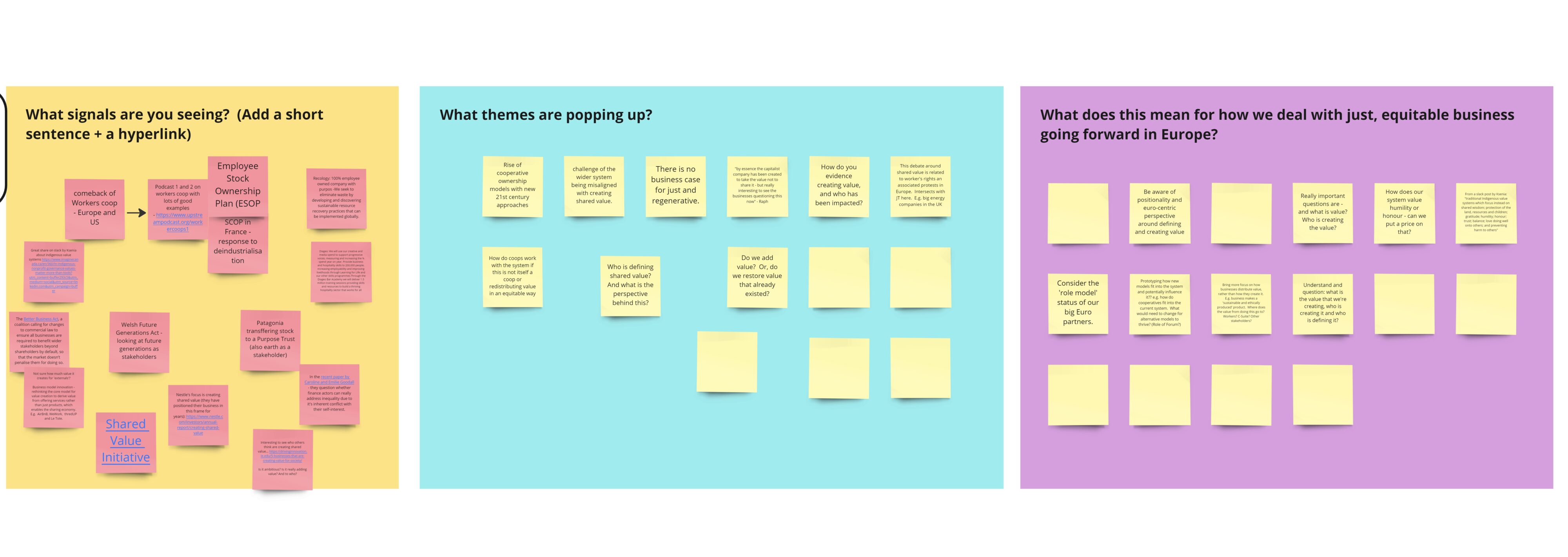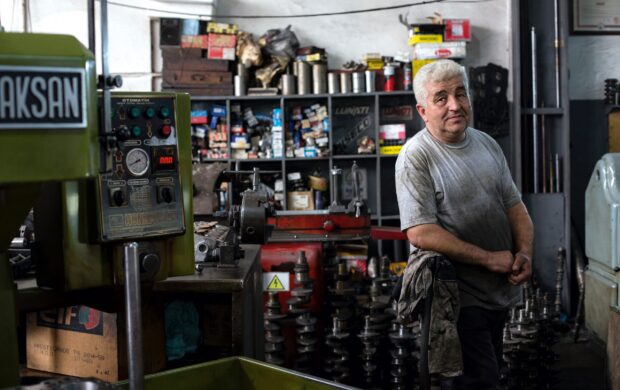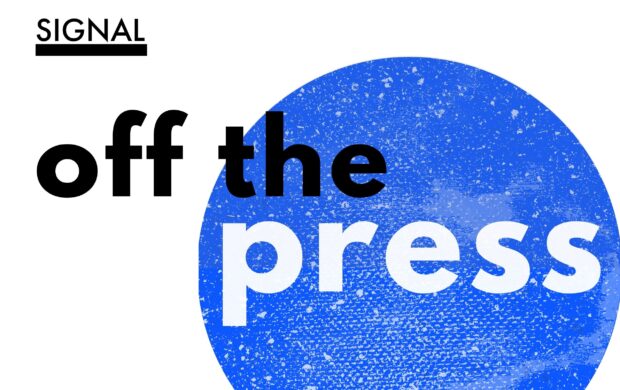Current debates in Europe focus on worker’s rights and associated protests, as people fight for a just transition. Forum for the Future’s UK/Europe team explored what shared value is – who is creating the value and how? They delved deep into the idea while examining what it means globally and for the UK/EUR region.
The idea of creating “shared value” originates from a Harvard paper published in 2011 which states that we should create “economic value in a way that also creates value for society by addressing its needs and challenges.” However, when individuals or companies talk about the concept of shared value, they sometimes deviate from the definition.
Current debates in Europe focus on worker’s rights and associated protests, as people fight for a just transition. Forum for the Future’s UK/Europe team explored what shared value is – who is creating the value and how? They delved deep into the idea while examining what it means globally and for the UK/EUR region.

It is important to ask questions when someone discusses shared value in order to understand their perspectives, and what they are referring to. Potential questions include:
- Who is the idea of shared value coming from? Which stakeholders are being considered in the conversation? (The ‘who’ strongly influences the ‘what’.)
- What does shared value mean, and what lens is it being understood through? What are the boundaries of the value, is it limited to those within a company or does it extend beyond?
- How is shared value created? What factors are (not) being considered? Is it about creating value or simply redistributing existing value?
We can break down this even further…
Who?
The ‘who’ influences the definition and the goals of the approach.
On an individual or community level, different people have different ideas on what is considered valuable. For shared value discussion to have any merit, we need to truly consider the diversity of voices sharing an opinion, and the diversity of groups to whom the value is being shared with. If these two groups don’t overlap then a conversation about shared value is fundamentally flawed and not representative.
Some of the different ideas of shared value include:
- Michael E. Porter and Mark R. Kramer’s paper for the Harvard Business Review defines it as “policies and operating practices that enhance the competitiveness of a company while simultaneously advancing the economic and social conditions in the communities in which it operates”.
- The Indigenous Value Systems approach suggests governance with a focus on shared wisdom, protecting the land, resources and people, and acting with “gratitude, humility, honour, trust [and] balance”.
- The Better Business Act is a coalition calling for changes to commercial laws. This is to ensure businesses are required to benefit wider stakeholders, so that the market doesn’t penalise them for sharing value.
- The Shared Value Initiative “is building a community of leaders who are activating their own potential for impact”, and contributing to the development of the concept. The ultimate aim is so that “everyone can realise their possibility” and value.
These are just a few of the ways shared value is being explored, but if there is anything we should be taking away,it’s that understanding positionality is critical when talking about value. If shared value conversations originate entirely from corporations who are also defining the boundaries, they risk not being aligned with actual needs of the wider system they operate in and interact with. The metrics of shared value are optimised for a certain agenda, but ultimately they don’t support creating or redistributing the value that is needed.
How?
As well as defining and examining what we mean by shared value, we must also understand how companies might be operationalising shared value. Questions to consider include:
- What scale is the value being shared at? Is it within a company, within the area a company directly impacts, or is it even broader across their supply chains?
- If the process through which a company generates value is unclear, can we explore how to share the value?
If sharing value is being considered within the company, then a few of the questions we might ask are:
- Is the wage ratio of the CEO to employees being considered and targeted?
- Is employee stock ownership being considered so that the value is redistributed?
Cooperative business models are based on the idea of sharing value, and there appears to be a comeback of workers’ cooperatives in Europe and the US. However, some might approach shared value more broadly focusing on a wider geographical and temporal scale, looking at people and the planet for future generations.
Is it credible?
Companies have often spoken about shared value, but how can we tell if what they do is actually working?
- Nestle’s focus on creating shared value has underpinned their business operations for years with their mission to “unlock the power of food to enhance quality of life for everyone, today and for generations to come”. As part of accelerating a just transition to regenerative food systems, they believe that success lies in creating value for stakeholders and society spanning across nutrition, access to affordable food, net zero emissions, respecting human rights, better packaging, and a focus on regenerating natural landscapes amongst others.
- Recology is a 100% employee-owned company with the purpose to eliminate waste by developing and discovering sustainable resource recovery practices which can be implemented globally. The benefits of Recology are designed to be a ‘closed loop’ ecosystem – one that both protects the environment and sustains the local community through a range from processing infrastructure to outreach programs.
- Diageo’s strategy states that they will use “creative and media spend to support progressive voices, measuring and increasing the % spend year on year. Provide business and hospitality skills to 200,000 people, increasing employability and improving livelihoods through Learning for Life and …other skills programmes. Through the Diageo Bar Academy, [they] will deliver 1.5 million training sessions providing skills and resources to build a thriving hospitality sector that works for all”.
Whilst these are all interesting examples, companies might need to share the value as much as they also need to not ‘break’ the system that has maintained value for people. If value is being shared to certain individuals, but it is financed through core business practices that are destructive elsewhere, then it is fundamentally not sharing value and must be rethought.
So what?
Sharing value is undoubtedly a complex concept. There are multiple questions we must consider when understanding if something is actually creating and/or sharing value. Forum for the Future’s Business Transformation Compass delves into this, with the Critical Shifts Guidance providing some helpful advice. Section 2 of the guidance delves into the language companies use across key business functions, and can be used to compare how value is defined and shared.
We were left with questions for business looking to create and share value equitably especially in the UK/EUR region:
- How do we enable the wider financial system to allow for more shared value?.
- How can organisations challenging the norm understand if and how they are actually creating sharing value and model that for their wider industry?
- How can businesses ensure they are not only aware of their Euro-centric perspective but also work to counter past imbalances in creating value?
Recommended reads:
- Sensemaking Shared Value in Southeast Asia
- From ESG to systems change in Finance
- Compass for Just and Regenerative Business
- Worker Cooperatives | Widening Spheres of Democracy by Upstream Podcast
Regional Sensemaking
Every month, our global teams gather to look for signals of change and engage in rapid generative scanning to bring you our glimpses of the future. What are the implications of these signals? What bigger trends are they pointing towards? What if these various signals of change interacted with each other? What would that lead to? We know climate change impacts will affect regions unfairly, so why not produce multiple futures catering to our various contexts – social, cultural, environmental, and more?
Want regular insights and glimpses of the future straight to your inbox?


















Join discussion